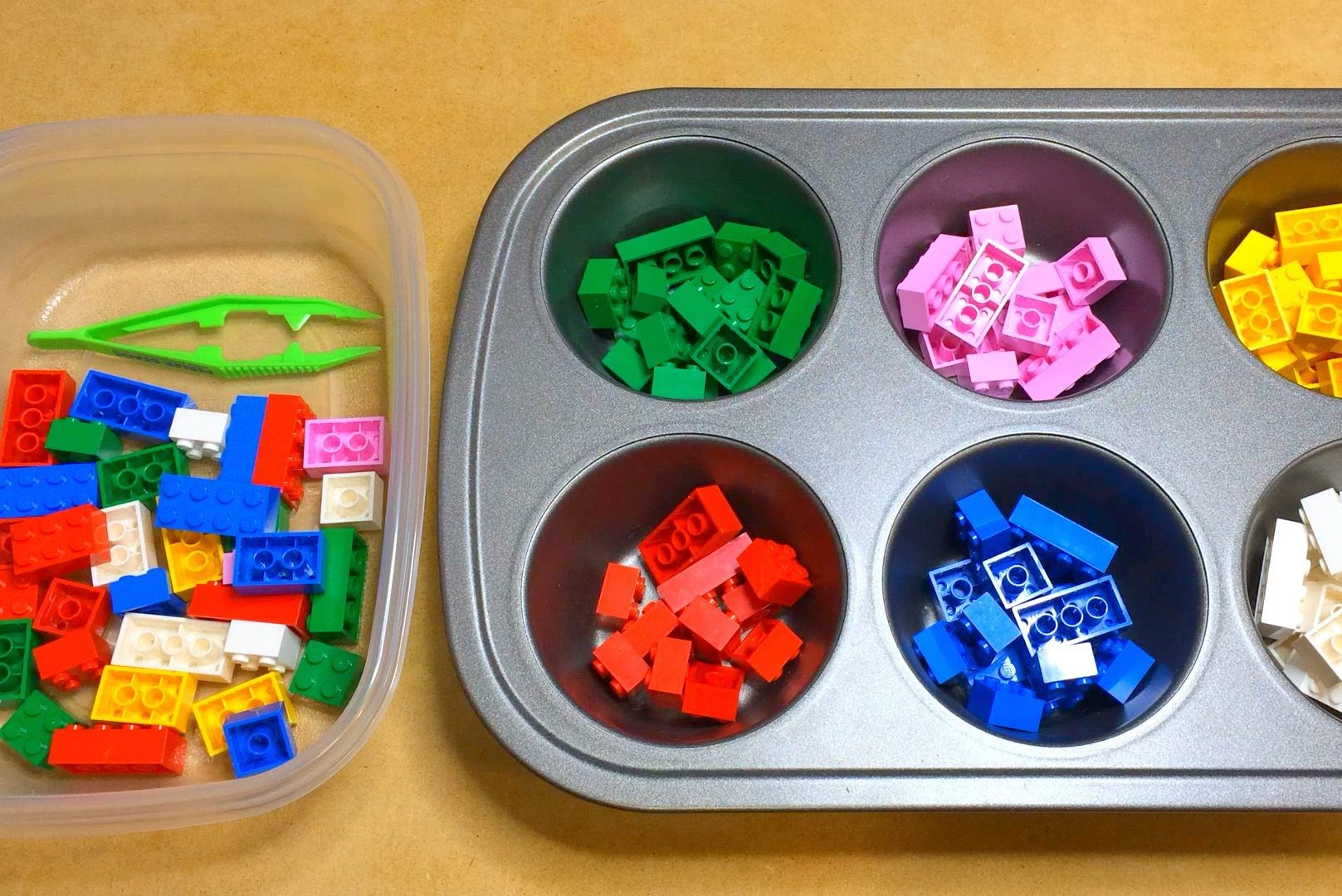As discussed in Mitzvah #32, there are 39 categories of constructive labor called melachot. These are the acts that were performed in the construction of the Mishkan (Tabernacle). These and similar actions are forbidden on Shabbos. Once a week for 39 weeks, we will briefly discuss one of the 39 melachos.
In the previous melacha, we discussed how winnowing would cause the papery chaff to blow away in the wind. The heavier kernels would fall to the ground, but there would remain among them some forms of debris that were too heavy to blow away. These rocks and broken bits of plant stem would simply be picked out by hand. That is the melacha of boreir, sorting.
When it comes to Shabbos, boreir involves taking something from a mixture of things that are differentiated by taste, name or function. Raisins and nuts are different and can involve boreir. Red delicious apples and McIntosh apples are different and can involve boreir. Selecting a larger slice of chocolate cake from among smaller slices, however, does not involve boreir as the slices of cake are all of the same type.
Boreir is not limited to food. Anything that can be mixed together – silverware in a drain board or laundry in a bag, for example – can be subject to the laws of boreir.
In order to remove something from a mixture, three conditions must be met. The selection must be done “miyad, b’yad, and ochel min hapesoles.” Miyad means that it must be done for immediate use. B’yad means that it must be done by hand, rather than using a special utensil. Ochel min hapesoles means that the person must remove the thing he wants from the thing he doesn’t want, not the other way around.
Some notes:
- One may pick out silverware to set the table for a meal that is imminent, but not for a meal that’s later, such as after shul or a nap in the interim.
- A fork or a spoon may be used to remove a potato one desires from the cholent as it is not a sorting device. It is still considered “by hand” as such utensils are used because picking up food with one’s bare hands is hot, messy, and/or repulsive to other diners.
- One may not remove undesirable items from desirable items, but he can remove undesirable items together with desirable ones. For example, I can’t remove a fly from my soup. I can, however, scoop out a spoonful of soup that includes the fly. (You have to remove a reasonable amount of soup; the fact that the fly is wet is not sufficient.)
The melacha of boreir is the reason we have gefilte fish. Fish typically has small bones and removing them would be a violation of boreir. Gefilte fish, which is boneless, obviates the need to deal with potential problems.
The laws of boreir are among the most intricate of melachos. In-depth study is required to identify and deal with dozens of situations that present themselves every Shabbos.
This is just an introduction to the concepts of the melacha of boreir; it is not a substitute for a full study of the halachos.
